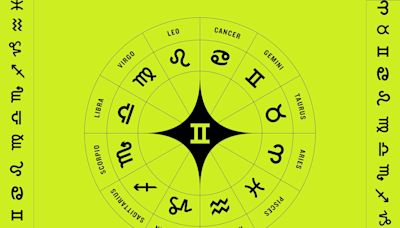Search results
People also ask
What is the study of logic?
Why do we study logic?
What is philosophy of logic?
What is logic & why is it important?
Logic is the study of correct reasoning. It includes both formal and informal logic. Formal logic is the study of deductively valid inferences or logical truths. It examines how conclusions follow from premises due to the structure of arguments alone, independent of their topic and content.
- Overview
- Scope and basic concepts
logic, the study of correct reasoning, especially as it involves the drawing of inferences.
This article discusses the basic elements and problems of contemporary logic and provides an overview of its different fields. For treatment of the historical development of logic, see logic, history of. For detailed discussion of specific fields, see the articles applied logic, formal logic, modal logic, and logic, philosophy of.
An inference is a rule-governed step from one or more propositions, called premises, to a new proposition, usually called the conclusion. A rule of inference is said to be truth-preserving if the conclusion derived from the application of the rule is true whenever the premises are true. Inferences based on truth-preserving rules are called deductive, and the study of such inferences is known as deductive logic. An inference rule is said to be valid, or deductively valid, if it is necessarily truth-preserving. That is, in any conceivable case in which the premises are true, the conclusion yielded by the inference rule will also be true. Inferences based on valid inference rules are also said to be valid.
(Read Steven Pinker’s Britannica entry on rationality.)
Logic in a narrow sense is equivalent to deductive logic. By definition, such reasoning cannot produce any information (in the form of a conclusion) that is not already contained in the premises. In a wider sense, which is close to ordinary usage, logic also includes the study of inferences that may produce conclusions that contain genuinely new information. Such inferences are called ampliative or inductive, and their formal study is known as inductive logic. They are illustrated by the inferences drawn by clever detectives, such as the fictional Sherlock Holmes.
The contrast between deductive and ampliative inferences may be illustrated in the following examples. From the premise “somebody envies everybody,” one can validly infer that “everybody is envied by somebody.” There is no conceivable case in which the premise of this inference is true and the conclusion false. However, when a forensic scientist infers from certain properties of a set of human bones the approximate age, height, and sundry other characteristics of the deceased person, the reasoning used is ampliative, because it is at least conceivable that the conclusions yielded by it are mistaken.
Special offer for students! Check out our special academic rate and excel this spring semester!
Learn More
Logic is the study of information encoded in the form of logical sentences. Each logical sentence divides the set of all possible world into two subsets - the set of worlds in which the sentence is true and the set of worlds in which the set of sentences is false.
Philosophy of logic, the study, from a philosophical perspective, of the nature and types of logic, including problems in the field and the relation of logic to mathematics, computer science, the empirical sciences, and human disciplines such as linguistics, psychology, law, and education.
In logic, we study the rules and techniques that allow us to distinguish good, correct reasoning from bad, incorrect reasoning. Since there are a variety of different types of reasoning and methods with which to evaluate each of these types, plus various diverging views on what constitutes correct reasoning, there are many approaches to the ...
Mar 18, 2000 · Aristotle’s Logic. First published Sat Mar 18, 2000; substantive revision Tue Nov 22, 2022. Aristotle’s logic, especially his theory of the syllogism, has had an unparalleled influence on the history of Western thought.
It is a formal science that investigates how conclusions follow from premises in a topic-neutral manner, i.e. independent of the specific subject matter discussed. One form of inquiring into the nature of logic focuses on the commonalities between various logical formal systems and on how they differ from non-logical formal systems.





